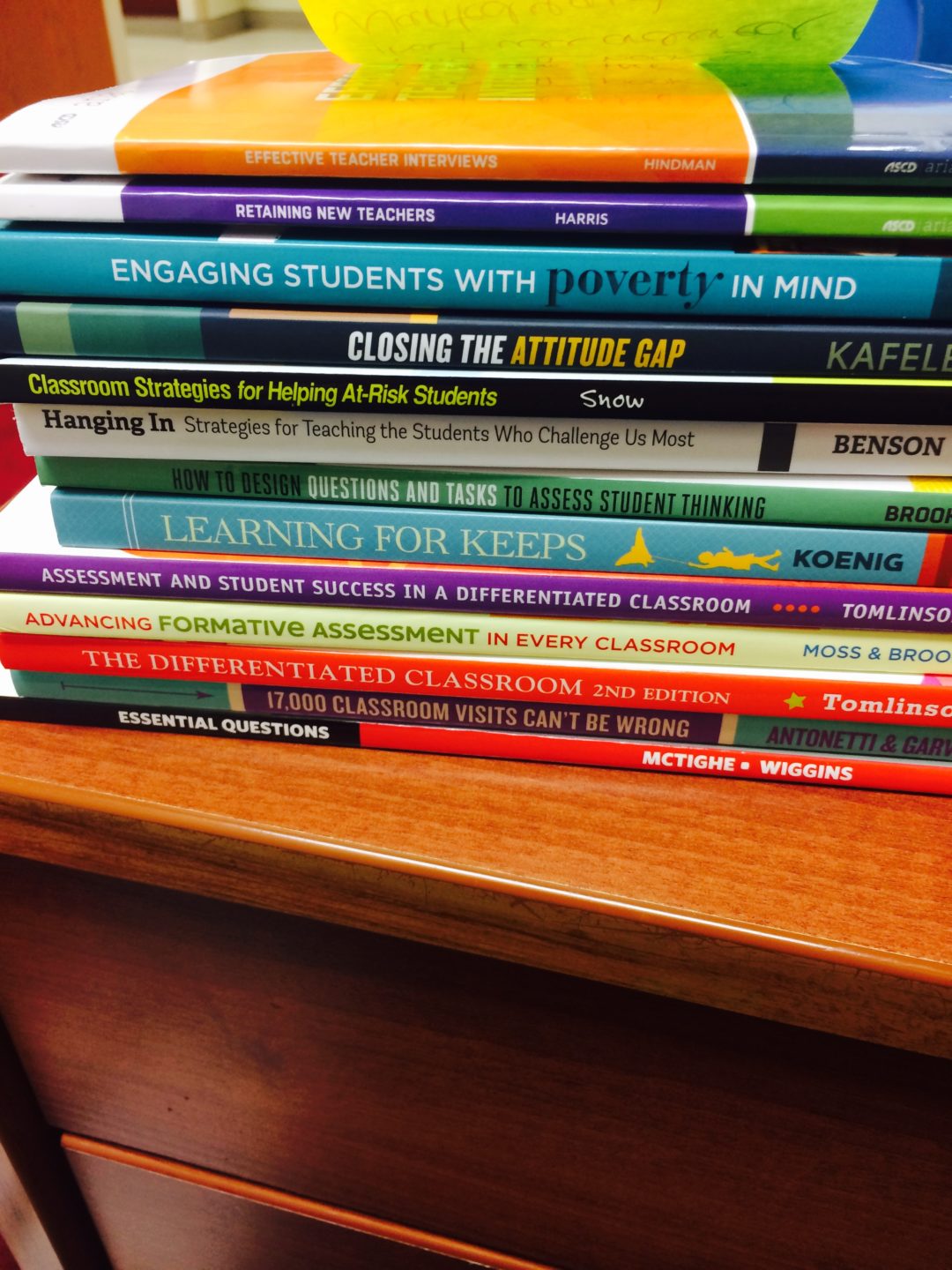Although I’m no longer officially in the school system, the start of the school year is always so exciting to me. I’ve always seen it as a chance to start fresh with new ideas & experiences.
It’s also a time to reflect and start new habits and routines to help make the school year a successful one! As an educator for 15+ years, I have witnessed a lot of parents doing it right! I am listing the top 5 things I believe parents do best, to ensure their students have a successful school year!
Lesson:
- Pray with your children in the morning before school: I can’t over emphasize this step! You can’t predict or prevent what will happen in your child’s life each day but starting the day covering them with prayer will give you and your children a sense of peace & security that no matter what happens, God is with you.
- Dinner table recap high & lows of the day: This an important but difficult step to accomplish with the hectic after-school schedules that most families have. If you can’t do this every day, try to fit it in at least a few times a week. Getting your children into the habit of talking about their day with you as a family has several benefits.
- One, it gets them into the practice of being open about their experiences, feelings and thoughts.
- Two, it gives you a chance to practice listening without judgment or criticism. In order to make this time most beneficial, it has to be a non-judgment/criticism zone. For example, if your child shares a poor choice that they made that caused them to get detention, let them talk about the experience without issuing criticism or a consequence in that moment. If it’s serious and you have to revisit the matter later, then do so. But, allow the dinner table recap to be a peaceful and open encounter so that your children will be open to share with you. In the same vein, the adults at the table need to model how to have these conversations authentically. Listening to the highs & lows of your day can result in a lot of teachable moments for your children. It allows for natural bonding to happen.
- Go through your child’s daily folder or agenda with them: This is a step that really aids in helping children to be accountable. The “with” in this step is the most important element. Have your child explain to you what they learned that day and what the expectations are for homework practice. If your child knows they have to explain their learning and their homework to you in the evening, they will be more likely to pay attention to the details during their school day.
- Have your child read everyday: This a simple but often missed step. I can’t overemphasize the importance of building this habit into your child’s daily routine. It is so beneficial to have your child read something everyday. It doesn’t have to be long and it doesn’t have to just be a book. If it helps, allow them to choose something that interests them like a comic book or a magazine. One measure of accountability that you can build in to help is designating a time during the evening when everyone reads something. Then set a timer for 15-20 minutes while everyone reads. That way you are practicing what you are “preaching” to your children. This helps with getting buy-in. When I was younger, my brother and I sat at the counter and read out loud to my mom while she cooked dinner. Her participation helped us be accountable & made it more fun. It also helped build our confidence with reading out loud. Many strategies work, you just have to decide which one(s) you can naturally build into your family’s routine. Out of 24 hours in a day, plugging in 15-20 minutes of reading shouldn’t be a hard task and it will benefit your child tremendously in the long run.
- Eat & sleep wisely: This step might not seem that important but trust me, as a long time teacher, I can tell you that a lack of nutrition and sleep are two of the biggest distractions to a child’s ability to focus in school. It’s a given that the mornings are a hectic time in most households. When you add in the fact that most children are picky eaters and slow moving in the mornings, it just adds to the layer of difficulty. Implementing two things can help with this.
- One, make your children go to bed at a set time each night. Most children need 8-10 hours of rest/sleep to be fully functioning the next day. Even if your child whines, cries, kicks and screams, just make them go to bed at a reasonable hour so they can get the amount of rest required to be high functioning the next day. Getting enough sleep isn’t just a suggestion for little ones but for growing teenagers too. When I was a high-school teacher, my students struggled the most with being alert because they weren’t getting enough sleep.
- Two, try to eliminate the sugary starches from your breakfast choices. Sugary, starchy breakfast choices result in a sluggish overtake about mid-morning, resulting in a sugar/carb crash that can greatly affect their concentration. If you provide protein and fresh fruit based option for breakfast it will give your child the most energy. A protein or fruit mid-morning snack like string cheese or apple slices would be great as well! If you can not provide that then try to get your child to school early enough to participate in the breakfast program at school. Most schools are required to have those higher energy options for breakfast and snack. Mornings are typically the optimal time for learning in schools. So set your children up for success during that time!
Action Step(s): Determine 2 manageable steps that you can implement into your children’s routine that will increase the likelihood of them having a successful school year. Start this week!




No Comments